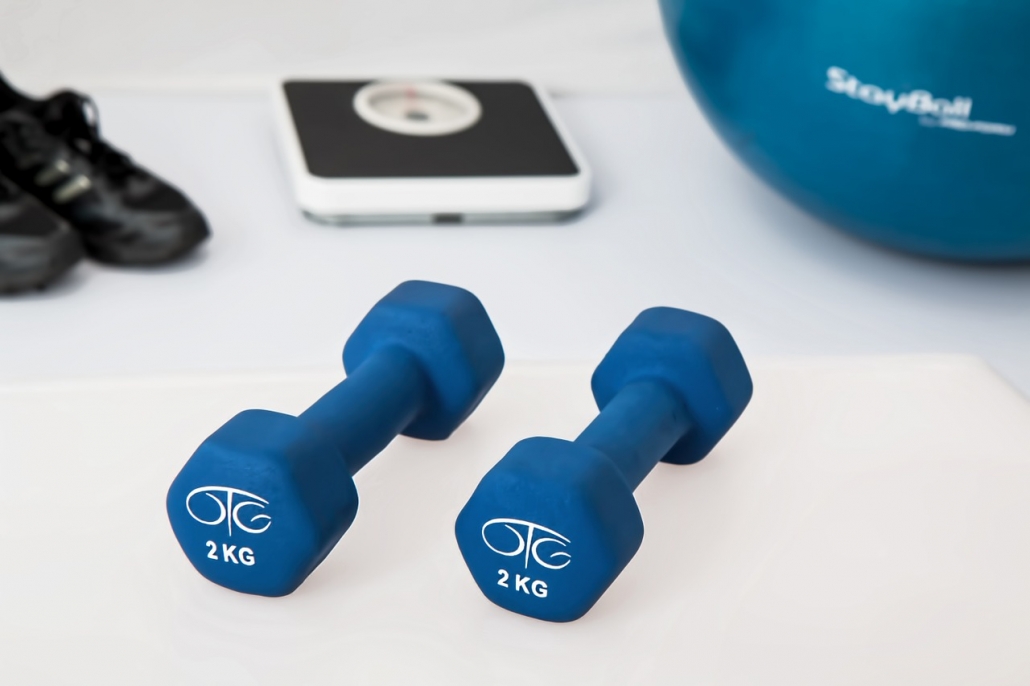Are Plant-based Diets a Healthy Option?
Many different aspects of “dieting” come across as very fad-oriented or negative. Plant-based diets however, have become not only verified as a healthy way to eat, but a viable solution to several challenging aspects of our ever-changing bodies.
From weight control to heart health, a plant-based diet can benefit our bodies in a multitude of ways!
What types of foods can I eat?
The good news is, plant-based diets do not have to be completely restrictive.
“A plant-based diet is based on foods derived from plants, including vegetables, wholegrains, legumes, nuts, seeds and fruits, with few or no animal products.”
All this actually means is you essentially remove processed foods from your diet which ultimately allow your gut health to improve because it will be able to process what you’re eating much more easily. There are also different types of so-called diets you can follow:
- Lacto-ovo vegetarians – eat dairy foods and eggs but not meat, poultry or seafood.
- Ovo-vegetarians – include eggs but avoid all other animal foods, including dairy. Lacto-vegetarians – eat dairy foods but exclude eggs, meat, poultry and seafood.
- Vegans – don’t eat any animal products at all, including honey, dairy and eggs. Many shop bought ready-made products may contain animal ingredients so the labels of all manufactured products do need to be read carefully.
Variations of plant-based diets include:
- Pescetarians – eat fish and/or shellfish.
- Semi-vegetarians (or flexitarians) – occasionally eat meat or poultry
Ultimately you’ll simply want to choose what works best for you. If you will never eat seafood, you probably shouldn’t lean on the Pescetarians diet…likewise if you want to completely avoid meat.
Will a plant-based diet help me lose weight?
The good news is, changing your diet to a whole-food and plant-based diet from a much more unhealthy diet will likely help you lose a few pounds. The bad news is, you’ll still need to exercise, especially if you want to bust a plateau, but also to keep your body in movement. Even if it’s walking 30 minutes per day, moving your body keeps the blood flowing and muscles healthy.

Another option of course, is to eat slower –the Portion Fork can help with that of course – and with normal or smaller portions than you may be used to. The American diet tends to lean much more fatty and with larger portions than necessary.
Lastly, you’ll want to have a plan. The trick, and sometimes most difficult part, is to actually stick to the plan. Whether it’s weekly meal plans or a grocery list, ensure you know ahead of time. There are some great recipes in this Forks Over Knives article to check out too.
There are also supplemental apps you can use like Noom, MyPlate, or any of these other top 10 apps to help you lose, or maintain a healthy, weight.
I have lots of reasons why I can’t.
We all are VERY good at creating excuses for why we can’t, shouldn’t, or wouldn’t do something, anything, let alone eat healthier. The difference is, you can decide to make choices no matter your situation. Even health challenges like kidney disease has shown to improve for some people (kidney.org).
Filling your meals with whole, healthy foods like vegetables, legumes, and seeds is proven to have an overall positive affect on additional diseases such as the number one killer in the US: Coronary Artery Disease.
Another incredible finding of some research has shown that it even provides new levels of mental clarity. However with any change in your regular habits, you’ll want to check with your doctor before starting a new diet.
Are there Different Styles of Proven Diets?
There are lots of great choices that are scientifically proven to be healthier diets. Again, choose one that makes you feel better and fits with your schedule so it works best for you and so that you’re able to maintain it for as long as you decide.
Depending on the type of foods you eat, times of day, and frequency of meals you prefer, some of these styles can include:
- Intermittent fasting – There are 3 different methods, but the most popular is currently eating within a certain time period and fasting the rest.
- Small, frequent meals – mini meals every 2-3 hours
- Ketogenic – cutting back on carbs and sugar, etc
Regardless of your choice of diet, make sure it’s also one that fits your (and likely your family’s) lifestyle. The support you receive is important. If your family is on the same style of diet, it makes things much easier for you to stick with it when you have partners to do it with.
I want to Start Slow.
Perfect! One great way to do begin your new healthy journey toward a plant-based diet is with a journal. Writing down everything from what you eat and when to how you FEEL that day is a major benefit to help you decide what works, what doesn’t, and what you’ll actually continue well after you’ve lost the weight desired.
You should also learn how others did it. Check out how Sheinelle from TODAY learned about it, how she transitioned from a meat-based diet, and what it did for her. Reading inspirational stories will not only give you ideas for your own plans, but allow you to be kind to yourself in the process.
You can also take courses like this one on Udemy to learn all about the nutrition, having a positive mentality about your eating habits, and turning them into life-long healthy living habits. Education is power!
If you’d really like to dive deep into what it is, how to do it, what the benefits are and more you can view the more than 400 videos on Nutritionfacts.org!
We hope these resources provide you with the information, inspiration, and confidence to start or continue your healthy lifestyle. And remember, you don’t have to be a vegetarian or vegan all at once if you don’t want to. It’s ok to start slow, just get started!



